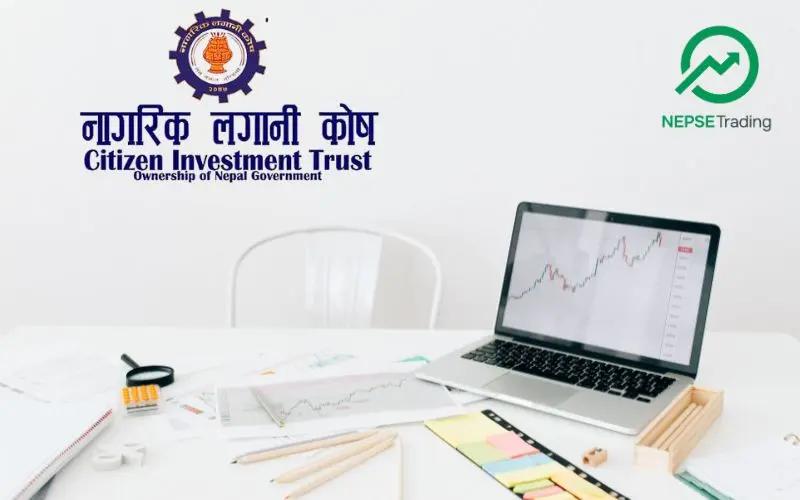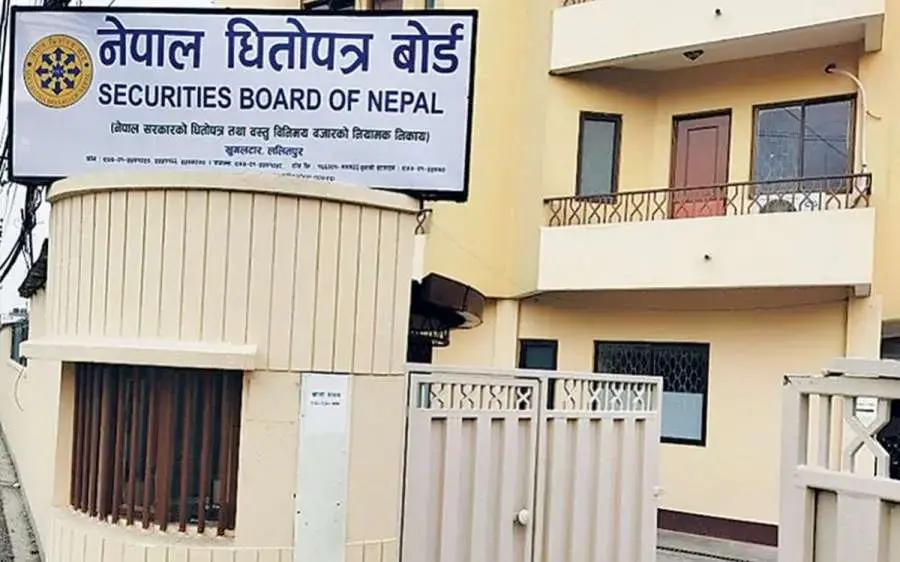By Angat Sitoula
Understanding NEPSE Market Manipulation: Impacts & Solutions for Nepal

Introduction:
The Nepal Stock Exchange (NEPSE) serves as the financial heartbeat of Nepal, offering a platform where shares of publicly traded companies, government bonds, and other securities are bought and sold. Despite its critical role in the country's economic landscape, NEPSE is not immune to the challenges faced by emerging markets, including susceptibility to manipulation. This blog delves into the intricacies of how and why the NEPSE market can be prone to manipulation, shedding light on its impacts on Nepali investors and the broader economy.
Understanding Market Manipulation: Market manipulation in the context of NEPSE refers to attempts by individuals or entities, often termed as 'operators,' to artificially influence the price or volume of securities for personal gain. This manipulation can distort the true value of securities, mislead investors, and undermine the market's integrity. The tactics used can range from spreading false information to conducting coordinated trades that misrepresent supply and demand.
Factors Contributing to NEPSE's Vulnerability:
Limited Market Participants: NEPSE, like many emerging markets, has a relatively small pool of active investors and listed companies. This concentration can lead to significant price movements with relatively small transactions, making it easier for manipulators to impact the market.
Lack of Diversification: With a limited number of industries and companies represented in NEPSE, the market's overall performance can be disproportionately influenced by movements in a single sector or stock, providing fertile ground for manipulators.
Regulatory Challenges: While Nepal's Securities Board works to oversee and regulate the market, the rapid evolution of financial instruments and trading strategies can outpace regulatory frameworks and enforcement capabilities, creating loopholes for manipulation.
Information Asymmetry: In markets like NEPSE, where there's a significant gap in the information available to various investors, those with insider knowledge or advanced analytical tools can manipulate the market to their advantage.
Impact on Nepali Investors and Economy:
Investor Confidence: Persistent manipulation undermines trust in the market's fairness, deterring both domestic and foreign investment. This loss of confidence can stifle capital inflow, essential for economic growth and development.
Market Volatility: Artificial price movements create volatility, which can deter long-term investment and harm those who rely on the market for retirement or other long-term goals.
Economic Inequality: Market manipulation often benefits a few at the expense of many, exacerbating economic disparities within the country.
Moving Forward: Strengthening NEPSE's Integrity: To mitigate manipulation and foster a more resilient market, a multi-faceted approach is needed:
Enhanced Regulation and Oversight: Strengthening the regulatory framework and ensuring its enforcement can deter market manipulation, providing a safer environment for investors.
Investor Education: Equipping investors with the knowledge to recognize signs of manipulation can empower them to make informed decisions and avoid potential pitfalls.
Market Transparency: Improving the transparency of market transactions and company disclosures can reduce information asymmetry, leveling the playing field for all investors.
Technological Advancements: Leveraging technology to monitor and detect unusual market activities can act as a deterrent for potential manipulators.
Conclusion: While NEPSE's susceptibility to manipulation poses challenges, it also highlights opportunities for improvement and growth. By acknowledging these vulnerabilities and taking decisive steps to address them, NEPSE can enhance its integrity and play a more robust role in Nepal's economic future. Ultimately, a fair and transparent stock market is pivotal for attracting investment, fostering economic growth, and ensuring the financial well-being of the Nepali people.









